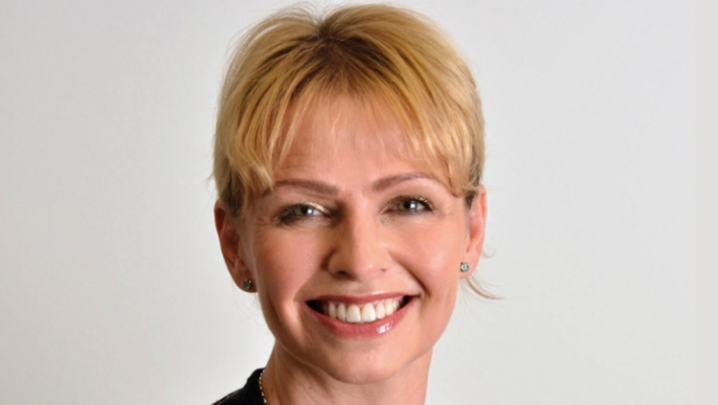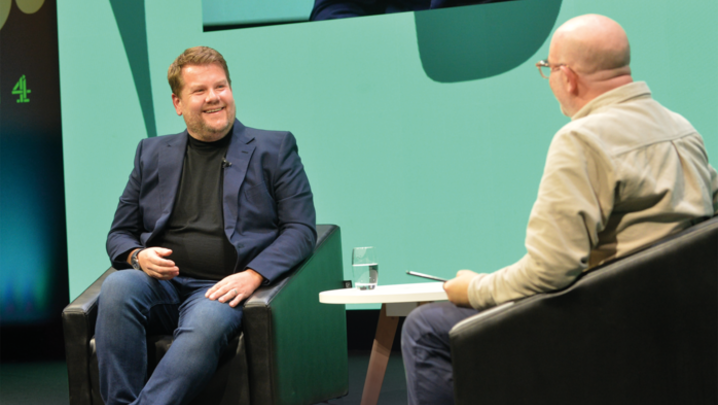Sir Phil Redmond celebrates the freewheeling, cage-rattling talent that gives his home city its creative DNA.
Liverpool. The global port that Carl Gustav Jung dubbed the “pool of life”. The UK’s most-filmed location outside the capital. From Lita Roza’s No 1 hit How Much Is That Doggy in the Window? through to the Beatles; football dominance; comedy, both singular and sitcom; the backdrop for socially realistic drama, from Days of Hope and Z Cars through Blackstuff, Brookside and Hollyoaks to the BBC’s Time and Channel 4’s Help, with its Rose D’Or drama award, keeping the flame lit.
It’s also host to a thriving games sector, including Sony PlayStation’s largest UK team. And so it should be, for it was in Liverpool that the games company Psygnosis sparked the PlayStation into life.
At the moment, we are hearing a lot about Channel 4’s move to Leeds and the BBC’s expansive plans in Birmingham, yet these amount to nothing much more than another administrative relocation of resources.
There’s nothing wrong and much to be commended in these moves, provided everyone remembers these are already established broadcasting centres. Just like every other regional initiative since 1927, when the BBC, as we know it, came into being.
Every change in broadcasting policy since has been predetermined by the group think, and the transmitter plan, established back then.
Once more, the national mantra appears to be “out of London”. So each region is going through the usual beauty-parade contortions of trying to shoehorn itself into the levelling-up agenda, while the evident, and usual, conundrum remains: how can you grow your production capability without more investment from the broadcasters? Usually this translates to real estate and a few back-office jobs.
But, here’s the thing. The USP. The Scouserati’s place in the pantheon of UK talent, from Macca to Bond, from Monsarrat to Comer, from McGovern to Ballas, has been achieved without the presence of a major broadcaster.
Critical mass and clustering are great for rationalising resources, streamlining efficiencies and raising skill levels, but what about the one key ingredient that actually drives the business: freewheeling, unfettered, cage-rattling talent?
As we move to a more converging digital metaverse, the real winners will be those who also understand that talent, people and their imaginations, have been, are and always will be the main raw material. Liverpool and Merseyside have always, instinctively, understood this. A heritage of importing and exporting cultures, forming its own creative cluster.
The city is a place honed by the act of survival, throwing up as much disruptive technology as disruptive people. Refusing to accept the status quo, constantly searching for social justice and, through that, imbuing a great storytelling and performance tradition within its DNA. It is why the principal focus of the region is on talent pipelines. Creating local development funding for writers for locally produced output. Then providing them with the tools to, well, WFH.
From Lime Productions’ earliest days as Mersey Television and LA Productions, the goal has always been to capitalise on its creative DNA. The two new HETV studios at The Depot, continue that tradition. As will the £54m Littlewoods Studio development, supported by Twickenham Studios and the LJMU Screen School.
Netflix, Amazon et al are also in the mix, of course. With access to the region’s 1Gb backhaul network strapped to three transatlantic pipes, the goal is to become one of Europe’s main TV, film and immersive gaming hubs. New real estate with the potential for over 4,000 real jobs.
Oh, and something else we are hearing about is Britishness – begging the question, whose Britishness? Perhaps that’s one for another day, but at least the Liverpool canon of writers could point the way.
If you want history, go elsewhere. If you want to challenge the present or take part in the future, come to the pool of life.
Sir Phil Redmond CBE is a screenwriter and TV producer whose credits include Grange Hill, Brookside and Hollyoaks.







